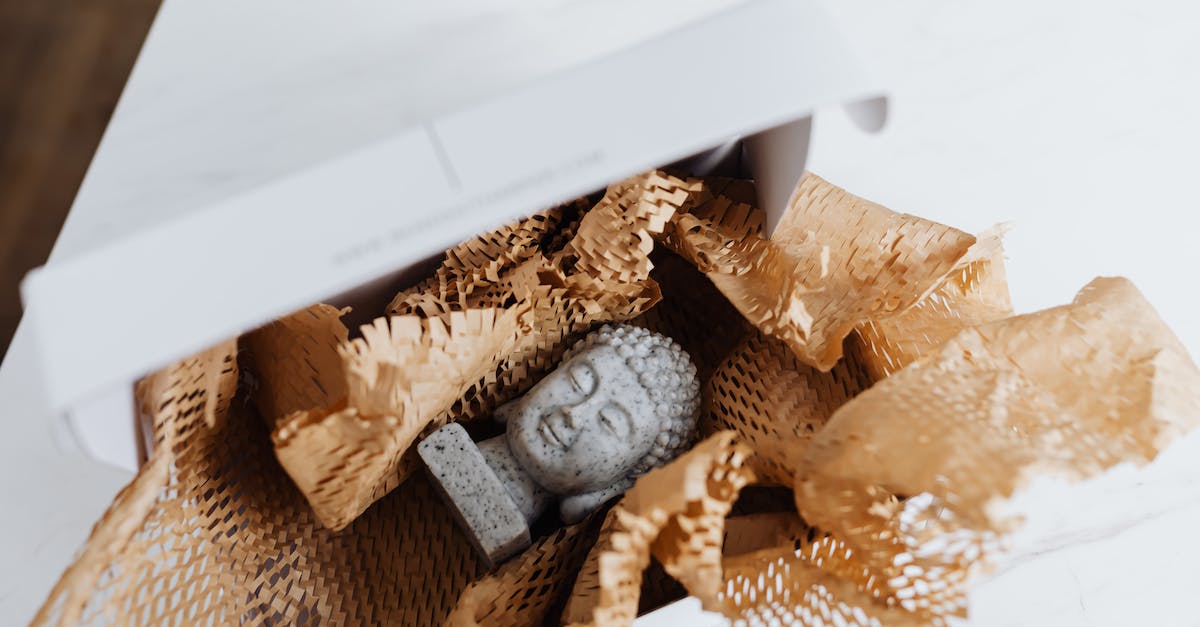Analyzing the Impact of Jack Ma’s Loss of Control Over Ant Group on China’s Economy

At Ant Group, we understand the importance of a stable corporate structure and a long-term sustainable development plan. To this end, we have taken several steps to ensure the stability of our corporate structure and the sustainability of our long-term development.
First, we have implemented a series of adjustments that reduce founder Jack Ma’s voting rights and allow him to give up most of his control over the company. Mr Ma’s stake in Ant was 10 percent but his control was exercised through related entities. The recent adjustments will lead to a more democratic corporate structure and more balanced decision-making power.
Second, Ant has also made a number of structural changes to reinforce the strength and sustainability of the company.
1. What changes have been implemented to Ant Group’s corporate structure by its shareholders?
In response to the news that Jack Ma would be relinquishing control of Ant Group, the shareholders of the company have implemented a series of changes to the corporate structure. Notably, they have restructured the company into a financial holding company, a move that has been widely seen as a response to the increased regulatory uncertainty that has been placed upon the company. In addition, the company has restructured its board of directors, appointing a new chairman and creating a risk control and compliance committee in order to ensure that the company is operating in a manner that is compliant with all applicable laws and regulations. Moreover, the shareholders have also implemented a series of internal governance reforms, including the adoption of a corporate governance code and the establishment of a corporate compliance office.
2. How did Jack Ma previously exercise control over Ant Group, despite only owning 10% of the company?
Jack Ma, the founder of the Alibaba Group, had created a company known as Ant Group, which had become a major financial services provider in China. Despite only owning 10% of the company, Ma had managed to exercise a considerable degree of control over the company by taking a hands-on approach. Ma had frequently visited the company’s headquarters in Shanghai and had maintained a close relationship with the company’s leadership. Moreover, Ma had actively been involved in many of the company’s major strategies which had enabled him to exercise a high degree of control over the company. In addition to this, Ma had also been known to be the most vocal and influential voice when it came to decisions that were to be taken by the company.
3. What impact will Jack Ma’s relinquishing of voting rights have on Ant Group’s long-term development?
The relinquishing of voting rights by Jack Ma, founder of Ant Group, is an important event in the development of the company. This action has the potential to have a major impact on the long-term direction of the company. Firstly, the loss of control by Ma could potentially lead to a shift in the corporate governance structure of the company. Without the direct control of Ma, the direction of the company could be determined by a board of directors or other stakeholders. This could lead to a change in the company’s strategic direction and the way it operates. Secondly, the loss of voting rights could lead to a decrease in the trust that investors have in the company.
4. How will the new corporate structure of Ant Group enhance its stability and sustainability?
In light of Jack Ma’s recent announcement about relinquishing control of Ant Group, many have been left wondering how the new corporate structure will affect the stability and sustainability of the company. The answer to this question lies in the way Ant Group will be restructured. It has been reported that the company will move to a shareholder-owned model, with the majority of its ownership being held by a select group of investors. This will ensure that the company is insulated from the whims of a single person and that the interests of stakeholders are better represented in decision-making.
Quick Summary
In conclusion, Jack Ma’s blockbuster IPO plans for Ant Group were effectively scuppered by Beijing in 2020, with his voting rights falling from 50% to 6.2%. The company has announced a shake-up of its shareholder arrangements, which will reduce Ma’s control over the business. This serves as a reminder that even for high-profile billionaires such as Jack Ma, when it comes to business, the ultimate power lies with the Chinese government.







